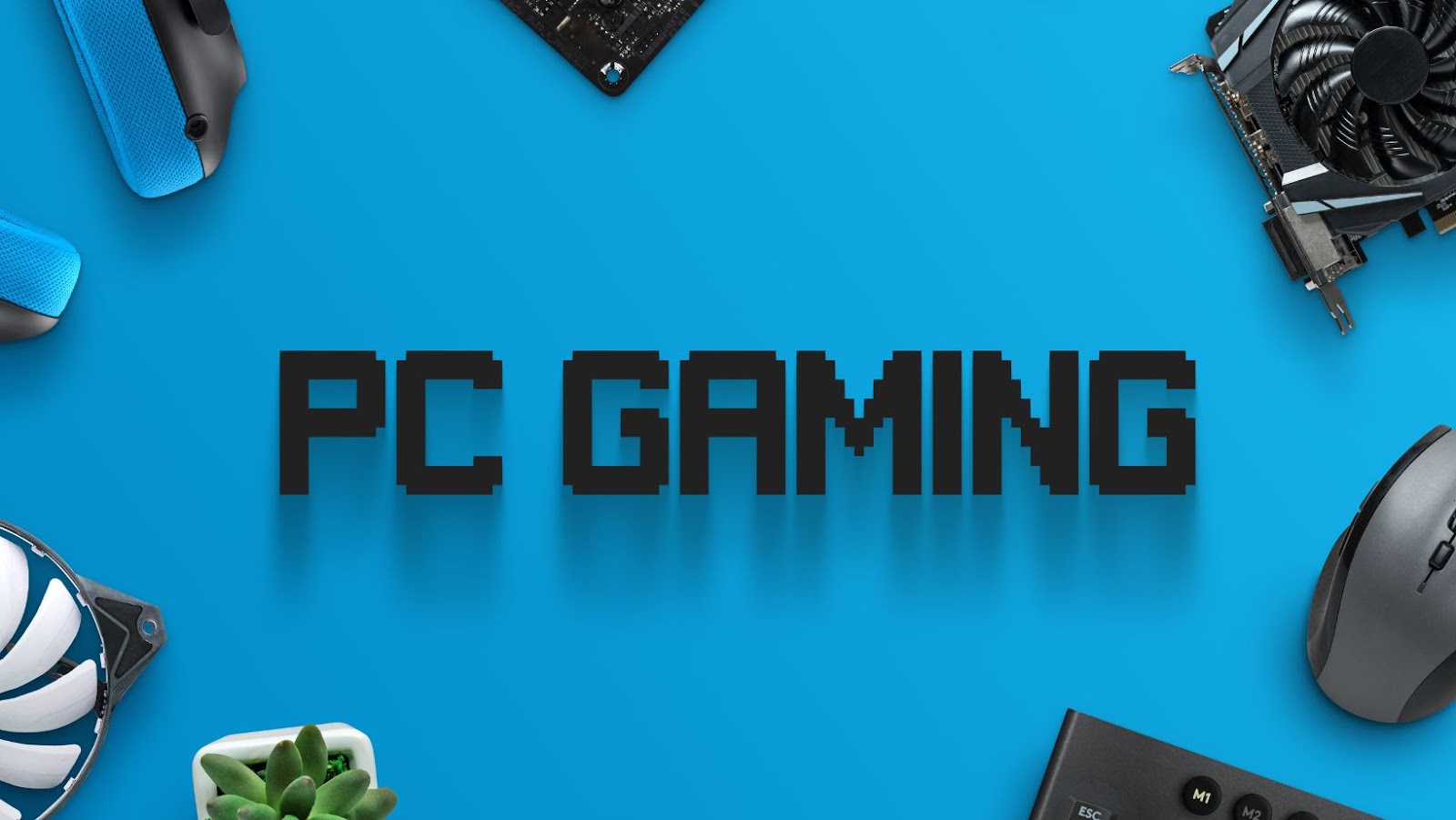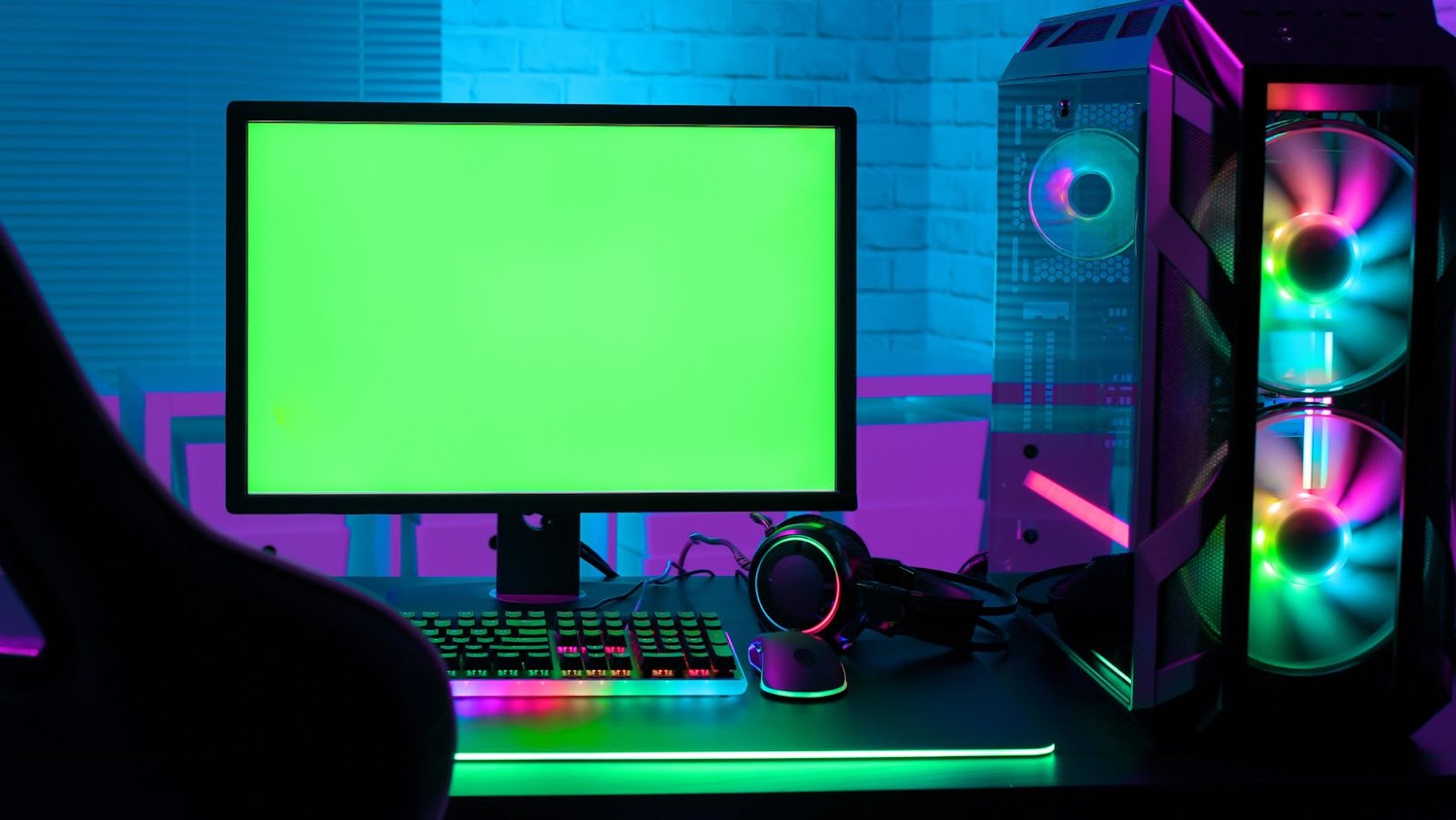
Microsoft is one of the biggest companies in the world with a diverse portfolio of products and services. It has been at the forefront of technological advancements for decades and is still at the top of the industry rankings. Recently, Microsoft has been exploring acquiring Activision Blizzard, a move that could potentially revolutionise the gaming industry. Let’s take a closer look at the current state of Microsoft and how the company could benefit from such an acquisition.
History of Microsoft
Founded in 1975 by college friends Bill Gates and Paul Allen, Microsoft is now one of the most iconic brands in the world. The company’s first product, Altair BASIC – an early programming language – quickly caught on with hobbyists and small business owners. As personal computer usage expanded in the 1980s and 1990s, so did Microsoft’s software portfolio.
Microsoft has created some of the world’s most popular computing software through its Windows and Office franchises. During this time, Microsoft acquired dozens of other companies – from video game developers like Bungie to networking companies including Skype. With such a variety of products, it’s easy to see why many have labelled Microsoft a “software giant”. When it comes to activating the operating system quickly and efficiently, a reliable windows activator can be a practical tool, especially when setting up multiple devices or restoring older ones.
Microsoft’s most recent acquisition was 2015’s purchase of gaming juggernaut Activision Blizzard for $7.5 billion; this enabled them to acquire some of Activision’s best known titles such as World Of Warcraft franchise and Call Of Duty franchise which further strengthened their position in social gaming. This acquisition marked a big step towards transitioning itself into a major player in the entertainment industry and increasing their potential income from revenues generated from their social media platforms such as Xbox Live.
Microsoft’s Current Focus
Microsoft is currently focused on the world of cloud computing and artificial intelligence. They have invested heavily in Azure cloud technology and AI, to become a leader in these fields. Additionally, Microsoft recently acquired ZeniMax Media for $7.5 billion, broadening their reach into the gaming market. With its acquisition of LinkedIn and its development of the Teams workplace collaboration platform, Microsoft is also expanding its business software offerings.
Under their current CEO, Satya Nadella, Microsoft intends to become one of the leading platforms for developing innovative services and applications to create unique experiences for customers across industries such as healthcare, finance, retail, manufacturing, media and entertainment. They are exploring various partnerships within these industries with companies like Adobe Inc., SAP SE and HP Enterprises to expand their product offerings even further. Furthermore, Microsoft has recently overtaken Amazon as the world’s most valuable publicly traded company and they seek to capture further value through consolidating competitors in these industry verticals.
In late 2019 it was announced that Microsoft had entered into exclusive negotiations with Activision Blizzard Inc.. This major video game publisher includes franchises like Call Of Duty and World Of Warcraft. The rumoured deal would see Microsoft pay close to $10 billion for Activision Blizzard’s holdings which would greatly expand Microsoft’s presence in the growing gaming industry and give them access to some of Activision’s top properties such as Overwatch League eSports teams from around the world as well as said franchises which could be deployed onto their popular Xbox gaming platform or Windows Store ecosystem respectively depending on how they choose leverage it post-acquisition—the details remain unclear at this stage however it is expected that more information will be revealed following a formal announcement by both companies when negotiations are concluded successfully if that occurs at all given inherent negotiation risks present especially during a global pandemic such as this one we’re mired in currently.

Overview of Activision Blizzard
Activision Blizzard is one of the world’s largest video game companies, with over $6 billion in annual revenue. It is the parent company of popular franchises such as Call of Duty, Warcraft, and World of Warcraft. It also owns popular gaming communities like Battle.net.
Microsoft and Activision Blizzard have seen immense success in the gaming industry, and their recent acquisition rumours may mean big changes in the industry’s future.
History of Activision Blizzard
Activision Blizzard is a gaming powerhouse and one of the leading interactive entertainment companies globally. Founded in 2008 through the merger of Activision and Vivendi Games, the company has since become an industry giant producing and publishing gaming content. Thanks to successful mergers and acquisitions over the years, their portfolio of brands now includes Call of Duty, Guitar Hero, World of Warcraft and StarCraft.
The history behind Activision Blizzard dates back to 1979 when it was founded as Activision by three veterans who created some of the earliest Atari 2600 games. Since then, they have been at the forefront of innovation, pioneering mobile game development and immersive experiences in gaming. Throughout their journey, they have had successful partnerships with content creators such as Blizzard Entertainment which solidified their presence in PC/Mac games with multiple world-renowned franchises like WarCraft, Diablo and StarCraft among others.
Fast-forward to today – speculation is swirling about a potential acquisition by Microsoft for more than $50 billion for its portfolio businesses (Activision Publishing Inc., Vivendi Games Inc., Blizzard Entertainment Inc., Major League Gaming Inc., King Digital Entertainment Plc.). If true, this could be a huge move for both parties that may effectively reshape the industry entirely – Microsoft would become an even bigger player in gaming while allowing Activision Blizzard to risk-free diversify its sources while continuing with releases on its platforms. Of course, time will tell if this will pass; however, we can remain hopeful that something good will come out of it!
Activision Blizzard’s Current Focus
Activision Blizzard is one of the largest interactive entertainment companies in the world. With more than 500 million monthly active users across 189 countries and territories, the company has captured diverse audiences with various offerings from different product lines and genres. Today, Activision Blizzard is focused on sustaining its global presence by expanding its operations into new markets.
Activision Blizzard currently focuses on three key areas: esports, mobile gaming, and game subscriptions.
On the esports side, Activision Blizzard has established an impressive portfolio which includes some of the most popular competitive titles such as “Call of Duty” and “Overwatch” that have been heavily watched by millions of fans worldwide over several years. In addition, the company’s esports division is currently partnered with several leading organisations such as Tencent and Alisports to create content and develop services around competitive gaming events (eSports).
Mobile gaming continues to be a major component in Targeting Blizzard’s success as they launch games like Candy Crush Saga & Battle Breakers that have seen tremendous growth since its introduction into the market. Additionally, their various Battle Net App & Mobile app offerings have allowed for more convenience for both existing & new players who are looking for more instantaneous services when playing across devices.
Lastly, subscription-based services are another aspect that Activision Blizzard is focusing their attention towards moving forward with multiple titles currently offering packages including Call Of Duty’s Black Ops Pass which include additional content post-release along with access to selective products within the Games Store that eliminate grinds & rewards players who commit long-term while playing consistently.
Microsoft to Acquire Activision Blizzard
Microsoft recently announced its plans to acquire Activision Blizzard, a leader in the video game industry. This acquisition is expected to bring a host of new opportunities for both companies and could dramatically affect the gaming industry.
In this article, we will discuss the pros and cons of Microsoft’s decision to acquire Activision Blizzard, and what it could mean for the future of Microsoft and the gaming industry.
Benefits of The Acquisition
The acquisition of Activision Blizzard by Microsoft Corporation is expected to bring several benefits to the company. First, Microsoft will benefit from Activision Blizzard’s strong portfolio of blockbuster video games and its powerful online gaming platform, including 4,000 developers and over 495 million monthly active users. This will empower Microsoft to extend its reach in the rapidly-growing gaming industry.
Microsoft has also planned to leverage the acquired company’s expertise and technology, including streaming via Project xCloud and artificial intelligence tools, while building on its existing gaming relationships across platforms such as Xbox One, PC, mobile, and Switch. Additionally, Microsoft plans to use the acquisition to boost its advertising business due to Activision Blizzard’s large gaming audience base. The broad network of gamers can be used for advertising campaigns on other products or services the company provides.
Microsoft looks forward to further delivering on its vision for gaming which includes:
Giving more players access to more content on more devices.
Unleashing creativity with new types of interactive entertainment.
Reshaping how games were perceived by creating worlds that can be shared across multiple platforms.
Expanding interactivity beyond broadcast models with cloud streaming technology such as Project xCloud.

Challenges of The Acquisition
The acquisition of Activision Blizzard by Microsoft marks a momentous step taken by the billion-dollar tech giant to add more gaming titles to its offerings. Although the acquisition benefits both companies, Microsoft will face significant challenges as it tries to integrate its new subsidiary. Challenges may include:
- Preserving and synergizing the unique culture of Activision Blizzard.
- Managing and expanding their portfolio of games.
- Integrating their overall business structure.
A major challenge for Microsoft is how it will balance the two companies’ corporate cultures in light of this acquisition. As two leading innovators in technological advancement, each company holds a distinct identity that must be respected and aligned with a larger single company vision.
In addition, Microsoft is going to be responsible for managing a portfolio that consists of some wildly popular and successful game titles such as Overwatch, World of Warcraft and Call of Duty Black Ops 4 as well as up-and-coming franchises like Diablo IV; ensuring optimal synergy amongst all games without any cannibalization is essential.
Microsoft must also ensure that its integration with Activision Blizzard aligns with its existing strategies in gaming; understanding the nuances which separates PC game market from console game market while creating one cohesive gaming strategy across multiple platforms is key. This comes alongside preparing infrastructure and resources which reshape the business partnership between Microsoft & Activision Blizzard dynamic into one which provides user value on a global scale.
Taking on Kinect’s Acquisition Corp takeover of Activision Blizzard will no doubt necessitate acute awareness honed towards balancing various variables throughout this transition process for both parties; only then can ultimate success manifest from this endeavour!
Impact of The Acquisition
Microsoft recently announced its intention to acquire Activision Blizzard, a well-known gaming company. This acquisition will have a significant impact on the gaming industry, as well as on Microsoft’s corporate portfolio. It is expected to bring together two of the biggest gaming industry players and will likely positively affect Microsoft’s financial position.
In this article, we will take a closer look at the potential effects of this merger:
Impact on Microsoft
The Microsoft Corporation’s acquisition of Activision Blizzard represents a strategic move to grow its reach in the gaming industry and create a more influential role in society. In addition, Microsoft’s commitment to invest in the future of gaming through its mixing of Xbox, PC and mobile platforms, along with its investments in HoloLens, AI and cloud technology, makes for an exciting prospect for both companies.
Activision Blizzard will bring enjoyable games–like World of Warcraft and Call of Duty–to the portfolio at Microsoft which will widen their appeal to even more players. Additionally, owning titles from Blizzard Entertainment gives Microsoft access to a broader audience, which could greatly benefit the company’s future market share growth. Moreover, their ownership of popular eSports leagues like Overwatch League also places them in an excellent position to take advantage of changes occurring within the industry.

Microsoft also has plans to integrate more interactive elements into these popular titles—such as interacting with friends within games—which will further improve user experience while playing these popular games. This improved experience could lead to higher player numbers and revenue growth, positively impacting Microsoft’s bottom line over time.
The acquisition could have far-reaching effects beyond just expanding their game library; it puts Microsoft into a position where they now have more influence on how eSports is regulated and developed in the future. The company can now guide discussions regarding technical regulations and benefit from potential legal reform (eSports is still considered somewhat taboo among certain circles). In addition, they can better shape how new technologies are incorporated into gaming (AR/VR technology) or use learning algorithms for better AI bots or character development for future games – putting themselves at the forefront of technological advancements within the gaming industry. As such, the acquisition represents an opportunity for both parties to enjoy long-term success.
Impact on Activision Blizzard
The acquisition of King Digital Entertainment by Activision Blizzard has significantly impacted the gaming sector. Not only did it create an even larger gaming entity than before, but it also created some opportunities and challenges. On one hand, the acquisition gave Activision access to King’s popular IPs (Candy Crush Saga and others), which increased the size of its portfolio and strengthened its social gaming presence. But, on the other hand, it also triggered uncertainty due to industry-wide consolidation and disarray.
The impact on Activision Blizzard as a result of this acquisition can be broken down into three categories:
- Financial gains/losses
- Operational efficiency
- Cultural implications
Financially speaking, the acquisition brought in large amounts of capital that assisted with strategic planning and allowed purchasing additional assets or investments. In addition, from an operational perspective, merging organisational structures was necessary to ensure that processes were streamlined and data was accurately shared between multiple offices globally. Lastly, cultural implications resulting from the buyout have affected employee morale and customer relationships as employees and customers alike have had to adjust to changes in leadership or strategy caused by different management teams coming together under one roof.
Impact on The Gaming Industry
The impact of the acquisition on the gaming industry is far-reaching and very significant. By joining forces, both companies can benefit from increased R&D, improved market reach and more efficient production of existing games and brand-new titles. Additionally, the broader range of expertise available between both entities will help create a robust eSports portfolio. As a result, this burgeoning business area offers the potential for massive growth in terms of revenue opportunities.
This acquisition also benefits related industries such as peripheral manufacturers, tournament hosts, and influencers collaborating with gaming companies. Increased resources available will mean more innovative products as well as better coordination throughout esports events – improving visibility, attendance and replayability. It also brings new opportunities for collaboration between hardware companies and services providers that may not have previously worked together due to competitive interests.



